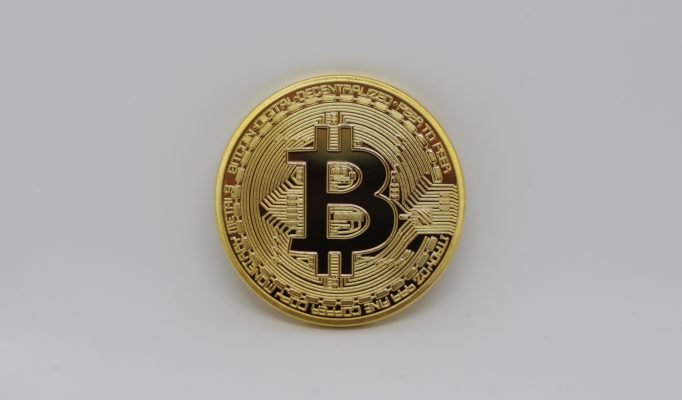Economic and political controversies always surround Bitcoin and cryptocurrencies. In a new turn of events, Bitcoin has become the new target practice for Dutch Politicians. Places like south and Central America are trying to become a friendlier space for cryptocurrencies. The European nations are moving in the opposite direction. Netherland that is famous for being the home to lush tulip gardens, and Van Gough Museum, has recently claimed that a blanket ban for Bitcoin is necessary.
Pieter Hasekamp is the director of Economic Analysis in the ministry of Economic Affairs and Climate Policy. The politician recently published an essay talking about the negative impact of Bitcoin on the Dutch economy and monetary development. The essay addresses several reasons that qualify Bitcoin as bad money. Hasekamp claimed in his publication that Bitcoin is a volatile asset that only has some value because others choose to believe in it.
Netherlands’s Attempt to Ban Bitcoin is Creating a Lot of Uproar in the Local Crypto Community
Hasekamp’s essay is getting a lot of heat from the crypto proponents and Bitcoin maximalists in the region. Nevertheless, many are discussing arguments made in opposition to Bitcoin adoption. The article claims that Bitcoin does not possess any real intrinsic value, and it does not fulfill the three basic criteria for a proper monetary supplement. These three requirements are serving as a store of value, unit of account, and payment medium.
He also highlighted the security concerns associated with the Bitcoin network. Connecting Bitcoin with incidents like scams, frauds, and cybercrimes, Hasekamp claimed that Bitcoin is an enabling tool for criminal activities and bad actors. According to him, in comparison to other nations, Netherlands is far behind on the matter of dealing with the threat of crypto markets seriously.
Dutch Politician Compares Bitcoin with Bad Money
Hasekamp, in his anti-crypto essay, presented the example of Gresham’s law. The law dictates that in the presence of highly inflated and overpriced bad money, the undervalued good money disappears eventually. Even though the politician has gone on to classify Bitcoin as bad money, he claims that the rules of the law would apply on beacon coins in the reverse order.
He argues that since cryptocurrencies are not used to make regular payments, they would eventually disappear from the face of the earth. In 2018, a group of Dutch lawmakers from the Central Planning Bureau called out risk related to cryptocurrencies. However, the team later concluded that such a restriction is not necessary.

















